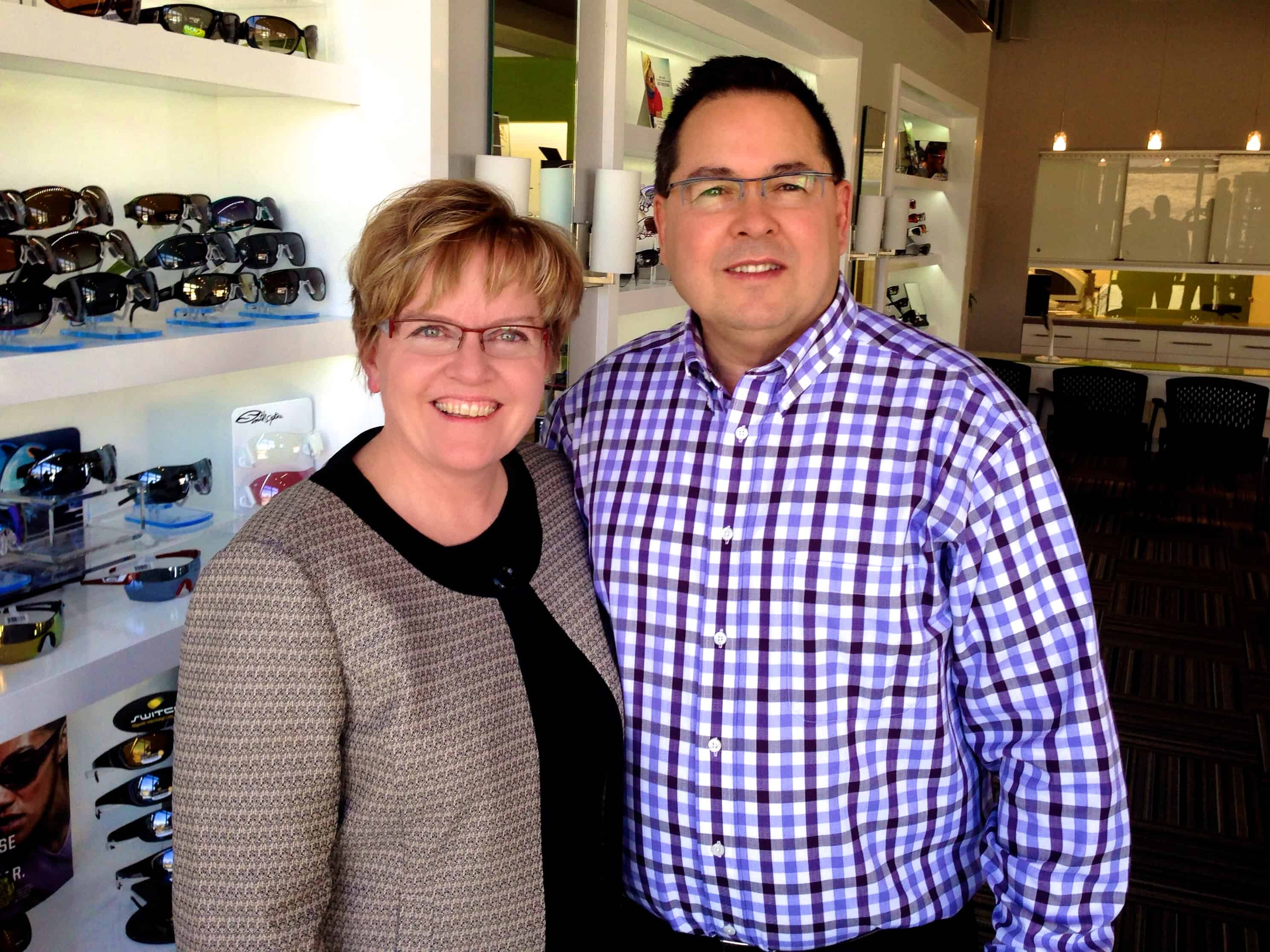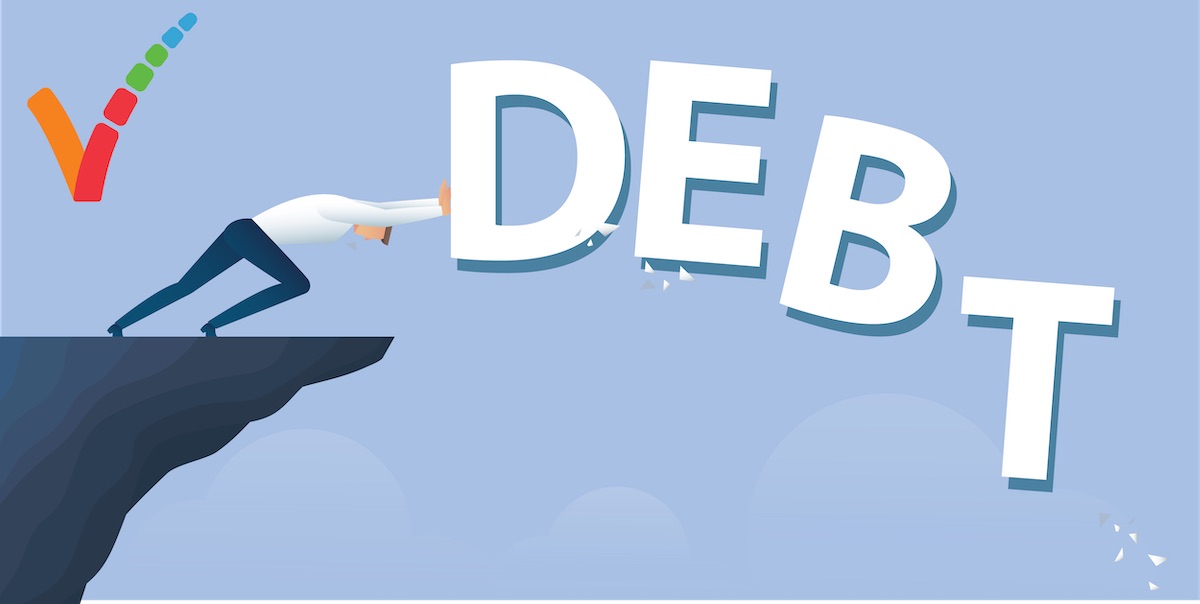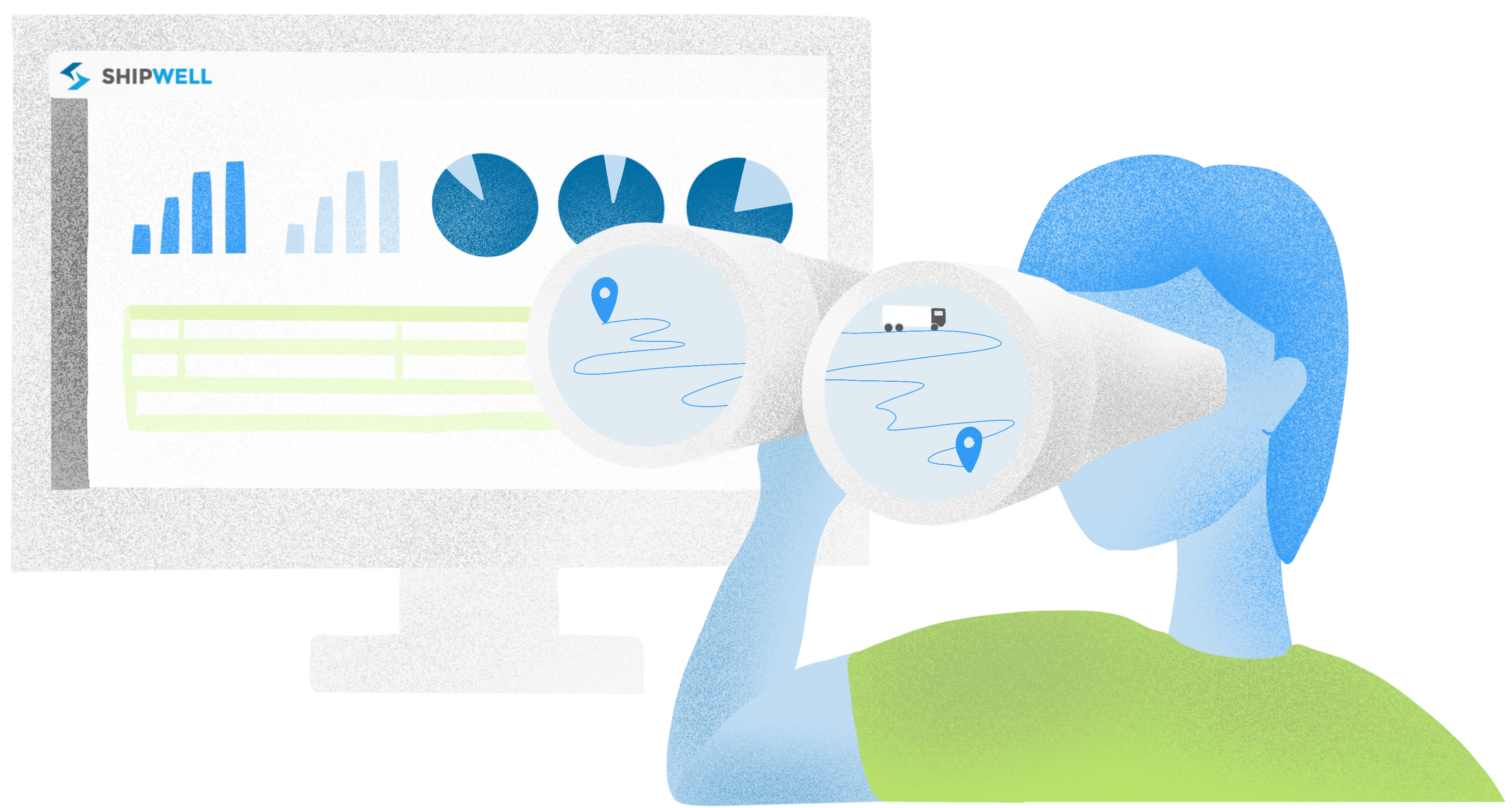Better Late than Never

All entrepreneurship deals with is a unique idea that brings innovation and meets a demand in the market. Therefore, there is nothing in the definition of entrepreneurship that says that after a particular age one cannot be an entrepreneur. There is no timeline or expiration date on becoming a successful entrepreneur.
Many people think that entrepreneurship is a young person’s game, thinking of starting a small business in the 60s seems like an unusual idea to some. Often young entrepreneurs make the headlines and receive most of the recognition for their accomplishments, like Mark Zuckerberg of Facebook, Matt Mullenweg of WordPress were all in their early 20s when they invented their products.
But the age of the founder is not the primary factor that determines whether or not a business will be successful. Entrepreneurs like Reid Hoffman of LinkedIn, Robert Noyce of Intel, Harland David Sanders of Kentucky Fried Chicken with ages ranging from their 40s to 60s, have shown that the success of a business is not directly related to the age of its founder.
All entrepreneurship deals with is a unique idea that brings innovation and meets a demand in the market. Therefore, there is nothing in the definition of entrepreneurship that says that after a particular age one cannot be an entrepreneur.
There is no timeline or expiration date on becoming a successful entrepreneur. In fact, people starting businesses later in life may actually have some advantages over people that are still early in their careers. Starting a business mid-career could be an advantage for many reasons.
The Kauffman Foundation study in America found that entrepreneurs starting businesses mid-career were five times more likely to enjoy success five years later than entrepreneurs starting businesses right out of college.
Experience
Management experience is great training to become an entrepreneur. Compared to young entrepreneurs, people who become entrepreneurs late in life have more professional experience and have greater insight into the intricacies of the market and the audience.
Therefore, when such people pursue entrepreneurship, the job is quite easy compared to the young ones who have to learn everything.
They have more knowledge about managing staff, they know more about bookkeeping, they know how a product can be marketed effectively and they know how the capitalists can be convinced to invest in their project.
Therefore, the late arrival of professionals in the field of entrepreneurship serves as a blessing in disguise and increases the chances of success of the business.
Setting goals and achieving them
Goal setting is a very important step of starting and running a business and is necessary on a consistent basis during the life of the business. Life experience helps one to remain objective as they consider different paths they can take to reach their goals so they can move forward in a more efficient, cost-effective and productive way.
Advantage with Investors
It can be argued that older entrepreneurs offer better chances of success because of what they bring to the table. According to Entrepreneur.com, many venture capitalists are looking for older, seasoned and experienced entrepreneurs who have “been there, done that.”
Failure
Failure is a part of life, and the older we get the more failures we have on our tally, the most valuable part of each failure is the lessons you learned in the process. Each failure teaches the importance of being prepared, hard work and need of a contingency plan.
Fear of failure is probably a lot less significant in a person’s 40s until 60s than it was in their youth. Since being afraid to fail can result in an inability to make a decision, lack of confidence and inaction, having less to fear can be a powerful reason why older entrepreneurs have an easier start.
So if you are getting older and feel like your chance at entrepreneurship is fading away a little bit every year, think again, this may actually be the best time to begin a business.













